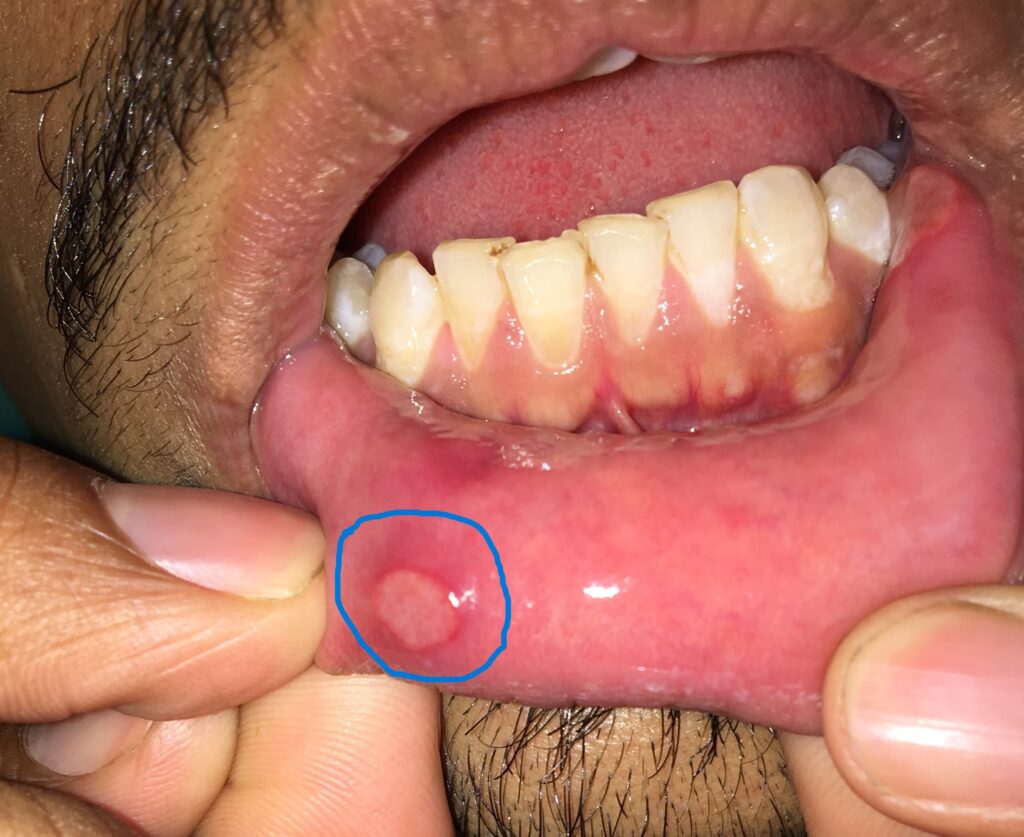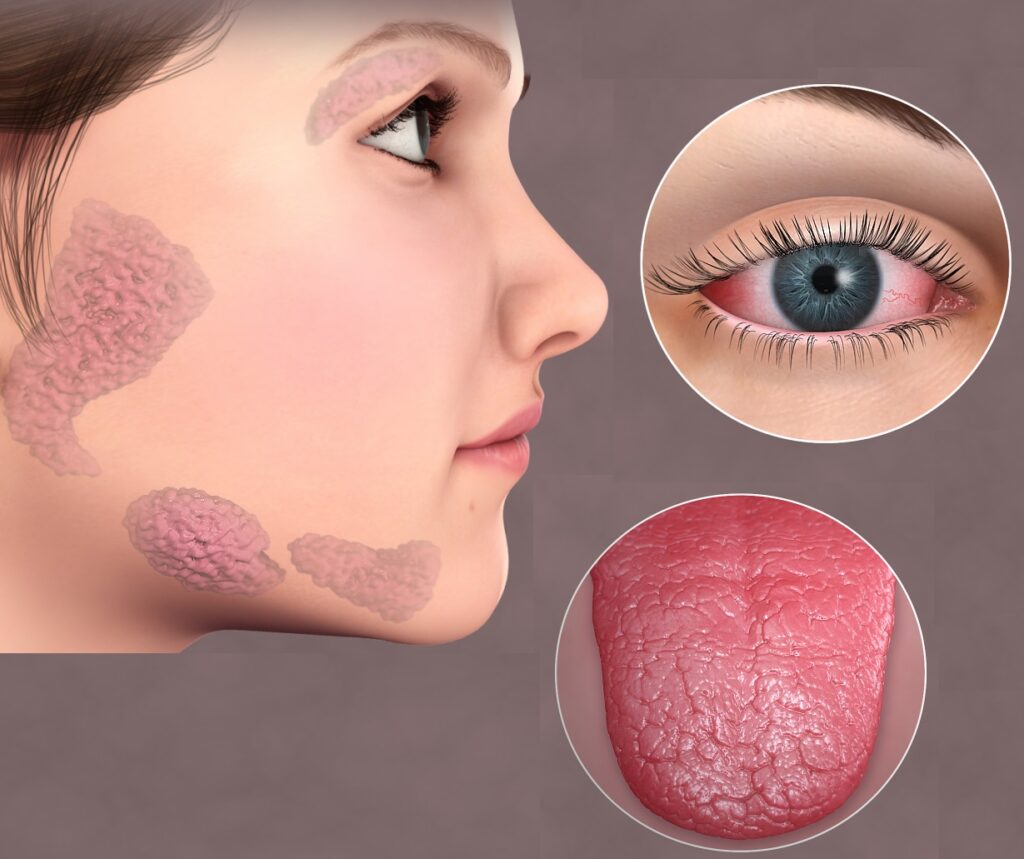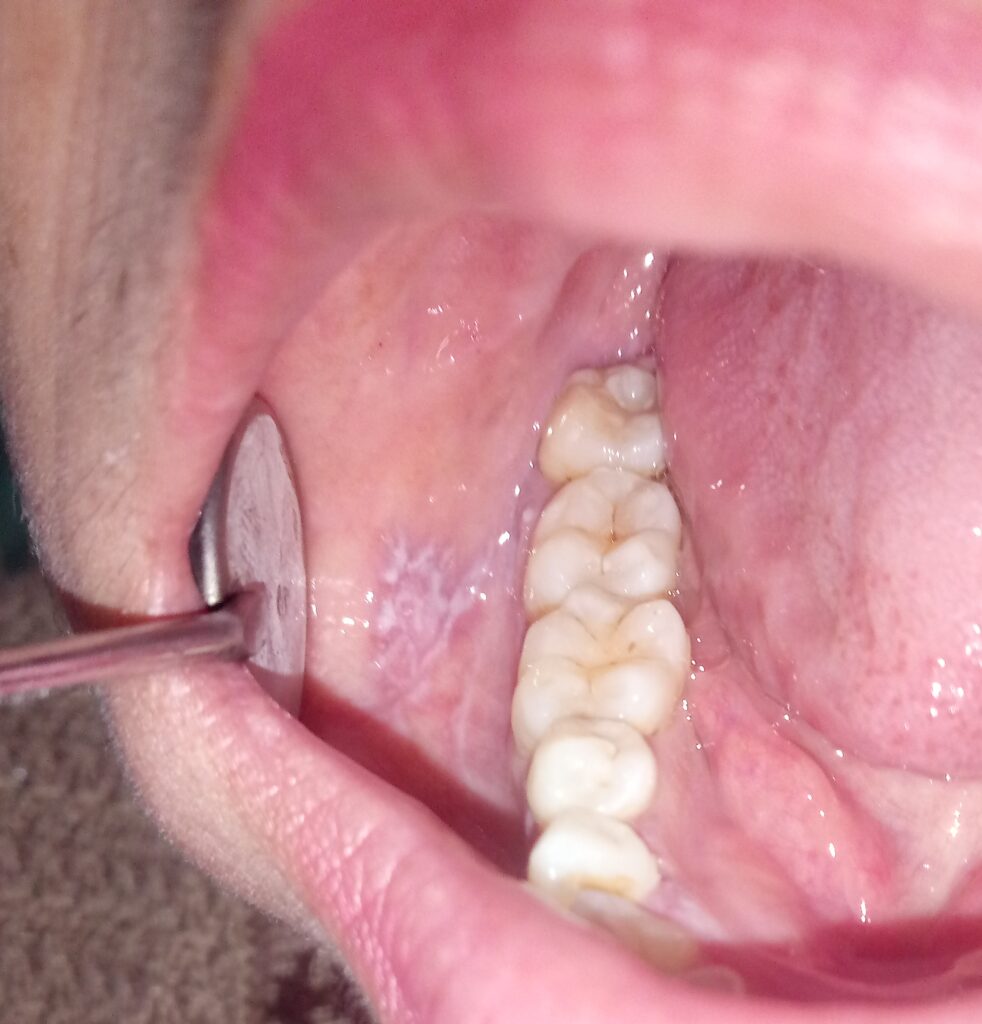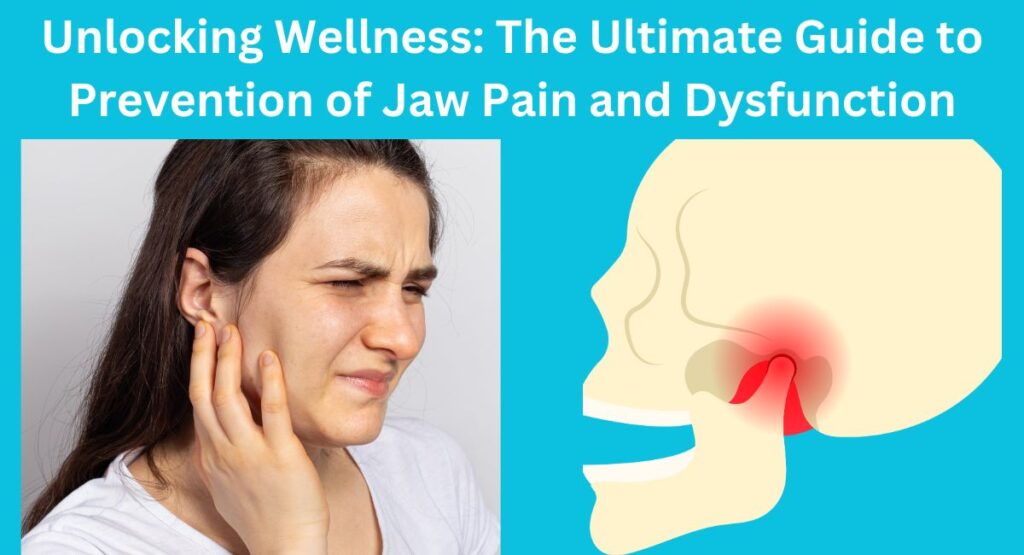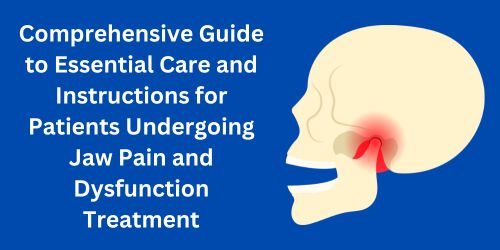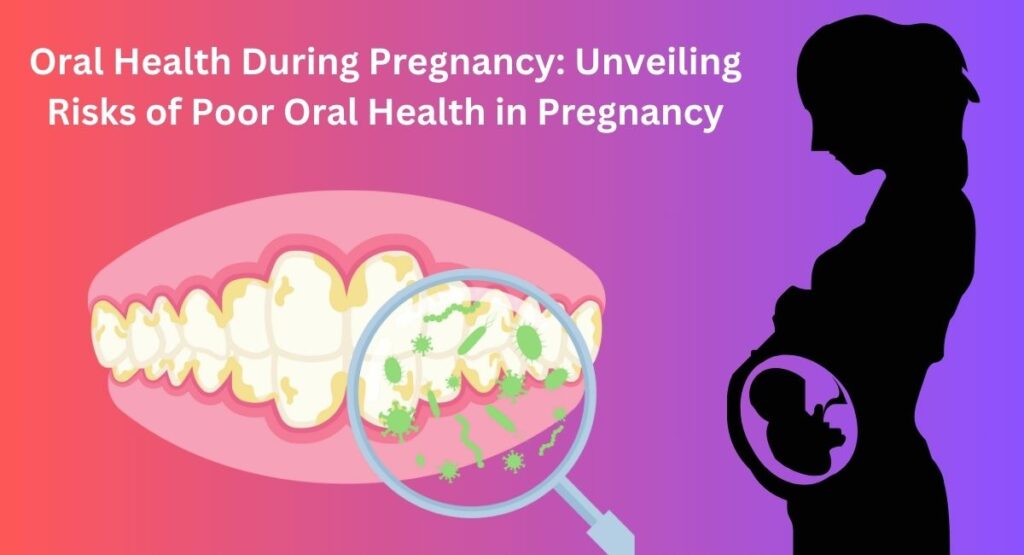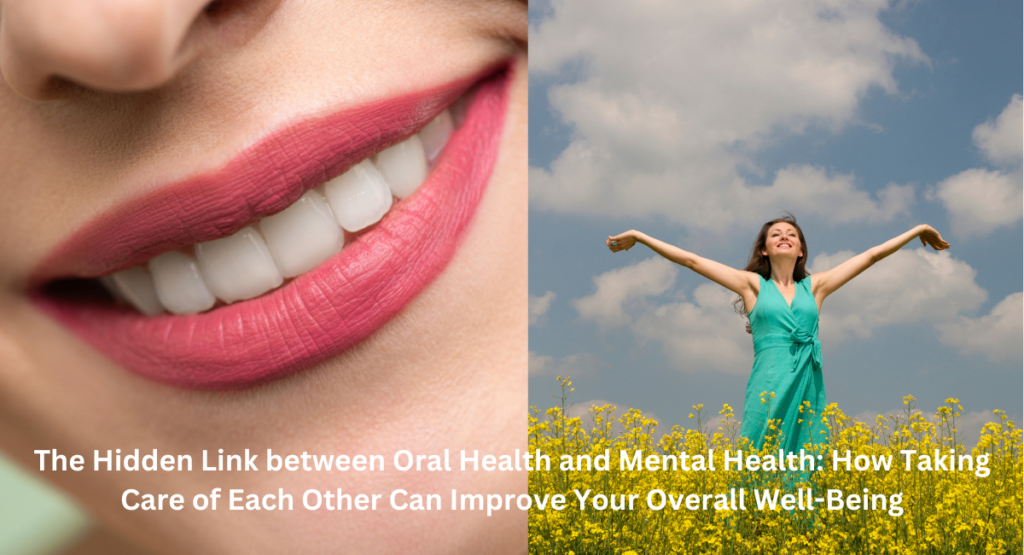Introduction
When you think about Alzheimer’s disease, oral health might not be the first thing that comes to mind. However, emerging research suggests that there is a significant link between poor oral hygiene and an increased risk of Alzheimer’s. Scientists are uncovering how bacteria from gum disease may contribute to cognitive decline, raising questions about whether maintaining a healthy mouth could help prevent Alzheimer’s.
This article explores the connection between oral health and brain health, highlighting the importance of good dental care in reducing the risk of dementia.
Understanding Alzheimer’s Disease
What is Alzheimer’s Disease?
Alzheimer’s is a progressive brain disorder that affects memory, thinking, and behavior. It is the most common form of dementia, accounting for 60-80% of cases worldwide.
Causes and Risk Factors
While the exact cause of Alzheimer’s remains unknown, several risk factors contribute to its development, including:
- Aging
- Genetics (APOE-e4 gene)
- Cardiovascular disease
- Chronic inflammation
- Poor oral health
Symptoms and Progression
Alzheimer’s typically starts with mild memory loss and gradually worsens. Symptoms include:
- Confusion and disorientation
- Difficulty speaking or understanding language
- Mood swings and behavioral changes
- Loss of motor skills
Since inflammation plays a major role in Alzheimer’s progression, researchers are investigating whether oral bacteria could be a hidden trigger.
The Role of Oral Health in Overall Well-being
Your mouth is the gateway to your body. Poor oral hygiene doesn’t just lead to cavities and gum disease—it can also contribute to serious systemic health conditions, including:
- Heart disease
- Diabetes
- Respiratory infections
- Alzheimer’s disease
Good oral health is essential for overall well-being, and neglecting it could have consequences beyond just your teeth and gums.
The Science Behind Oral Health and Alzheimer’s Disease
The Role of Bacteria in Neuroinflammation
One of the leading theories connecting oral health and Alzheimer’s is the presence of harmful bacteria. The mouth is home to hundreds of bacteria, some of which can enter the bloodstream and reach the brain.
Gum Disease and Cognitive Decline
Studies have shown that people with chronic gum disease (periodontitis) have a higher risk of developing Alzheimer’s. The main culprit? Bacteria that travel from the mouth to the brain, triggering inflammation and plaque buildup.
Scientific Studies Supporting the Link
Several studies highlight the connection between oral health and dementia:
- A 2019 study found traces of Porphyromonas gingivalis (a gum disease-causing bacteria) in the brains of Alzheimer’s patients.
- Research suggests that treating gum disease may slow the progression of cognitive decline.
Key Oral Bacteria Linked to Alzheimer’s
Porphyromonas gingivalis: The Alzheimer’s Bacteria?
- Porphyromonas gingivalis is a key bacterium in gum disease.
- It produces toxins called gingipains, which have been found in Alzheimer’s patient brains.
- These toxins may contribute to brain inflammation and nerve cell death.
How Bacterial Toxins Affect the Brain
When bacteria like P. gingivalis invade the brain, they:
- Activate the immune system, leading to chronic inflammation.
- Damage neurons, affecting memory and cognitive function.
- May contribute to the formation of beta-amyloid plaques, a hallmark of Alzheimer’s.
Inflammation: The Hidden Link Between the Mouth and Brain
Inflammation is at the core of both gum disease and Alzheimer’s. Chronic inflammation weakens the immune system and damages brain cells, increasing the risk of dementia.
The Blood-Brain Barrier and Bacterial Invasion
The blood-brain barrier protects the brain from harmful substances. However, oral bacteria can weaken this barrier, allowing toxins to enter and trigger neurodegeneration.
The Role of Immune System Overreaction
When bacteria reach the brain, the immune system responds aggressively, sometimes causing more harm than good by attacking healthy brain cells.
Gum Disease as a Risk Factor for Dementia
Research indicates that people with gum disease are significantly more likely to develop Alzheimer’s. Here’s why:
- Gum infections increase systemic inflammation, which impacts the brain.
- Bacterial toxins contribute to Alzheimer’s pathology.
- Tooth loss (often a result of gum disease) is linked to cognitive decline.
A 2020 study found that people with a history of gum disease had a 70% higher risk of developing dementia.
The Role of Poor Oral Hygiene in Cognitive Decline
Missing teeth and untreated oral infections may accelerate cognitive decline. Here’s how:
- Tooth loss reduces sensory input to the brain, weakening memory.
- Oral infections increase inflammation, worsening brain function.
- Neglecting dental care increases the risk of harmful bacteria spreading to the brain.
How Oral Bacteria Enter the Brain
Many people don’t realize that bacteria from the mouth can travel to the brain, potentially contributing to cognitive decline. But how does this happen?
Pathways of Bacterial Transmission
There are several ways oral bacteria can enter the brain:
- Through the bloodstream – When gums are inflamed, bacteria can enter the bloodstream and travel to the brain.
- Via the cranial nerves – Bacteria can move along the nerves that connect the mouth and brain, such as the trigeminal nerve.
- Through the lymphatic system – The body’s lymphatic system helps fight infection, but it can also carry bacteria from the mouth to the brain.
The Role of the Immune System
When bacteria enter the brain, the immune system kicks into high gear to fight off the infection. However, this response can cause unintended damage, leading to chronic inflammation, neuron loss, and an increased risk of Alzheimer’s disease.
Preventing Alzheimer’s Through Good Oral Care
Since research suggests a link between oral health and Alzheimer’s, maintaining good dental hygiene may help reduce the risk of cognitive decline.
To keep your mouth healthy and potentially lower your risk of Alzheimer’s:
- Brush twice a day using fluoride toothpaste.
- Floss daily to remove plaque and bacteria from between teeth.
- Use an antibacterial mouthwash to kill harmful bacteria.
- Visit the dentist regularly for professional cleanings and check-ups.
How Diet Impacts Oral and Brain Health
A healthy diet benefits both your teeth and brain. Some tips include:
- Eat foods rich in vitamins and antioxidants (e.g., leafy greens, nuts, berries).
- Avoid sugary foods and drinks that promote bacterial growth.
- Stay hydrated to promote saliva production, which helps wash away bacteria.
The Importance of Early Dental Treatment
Addressing oral health issues early can prevent complications. If you have signs of gum disease (bleeding gums, bad breath, gum recession), seek treatment immediately.
Can Treating Gum Disease Slow Cognitive Decline?
If gum disease is a risk factor for Alzheimer’s, could treating it help slow cognitive decline? Researchers are exploring this possibility.
Studies on Periodontal Treatment and Brain Function
- A 2021 study found that treating gum disease led to better cognitive function in older adults.
- Another study found that Alzheimer’s patients who received periodontal therapy showed slower disease progression.
The Potential for Future Medical Advancements
Scientists are investigating whether targeting oral bacteria could become a strategy for preventing or treating Alzheimer’s. Some promising areas include:
- Antibacterial treatments to prevent P. gingivalis from reaching the brain.
- Vaccines against oral bacteria to reduce inflammation.
- Anti-inflammatory drugs that target gum disease-related brain inflammation.
Lifestyle Factors That Influence Both Oral and Brain Health
Your daily habits play a major role in both oral and cognitive health.
Nutrition and Its Role in Preventing Disease
A well-balanced diet supports both brain and oral health. Key nutrients include:
- Omega-3 fatty acids (found in fish and nuts) to reduce inflammation.
- Vitamin D and calcium to strengthen teeth and bones.
- Antioxidants (from fruits and vegetables) to protect against cell damage.
Exercise, Sleep, and Stress Management
- Regular exercise improves circulation, benefiting both the brain and gums.
- Quality sleep helps the body repair itself and reduces inflammation.
- Stress management (e.g., meditation, deep breathing) lowers the risk of gum disease and cognitive decline.
The Role of Dentists and Neurologists in Early Detection
Collaborative Healthcare Approaches
Since gum disease may be an early warning sign of Alzheimer’s, dentists and neurologists should work together to detect risks early.
Signs Dentists Can Look for in Early Alzheimer’s Detection
- Unexplained gum disease or tooth loss
- Poor oral hygiene despite past good habits
- Difficulty following dental care instructions
Regular dental visits may provide critical clues about a patient’s cognitive health.
Future Research and Potential Treatments
Scientists continue to investigate the oral-brain connection, with exciting new discoveries on the horizon.
New Developments in Alzheimer’s Prevention
- Ongoing studies are exploring whether antibiotics or antimicrobial mouthwashes could lower Alzheimer’s risk.
- Researchers are developing drugs that block bacterial toxins in the brain.
The Role of Oral Health in Future Treatments
As more evidence emerges, doctors may recommend better oral hygiene as part of an overall Alzheimer’s prevention plan.
Conclusion
The link between oral health and Alzheimer’s disease is becoming clearer. Research suggests that gum disease-causing bacteria can contribute to brain inflammation and cognitive decline. While more studies are needed, maintaining good oral hygiene may be a simple yet powerful way to protect both your mouth and mind.
By brushing, flossing, eating a healthy diet, and visiting the dentist regularly, you can take proactive steps to support both your oral and brain health.
FAQs
- Can brushing and flossing really lower my risk of Alzheimer’s?
Yes! Good oral hygiene helps prevent gum disease, which is linked to brain inflammation and Alzheimer’s risk.
- What are the early signs of gum disease that could be linked to Alzheimer’s?
Bleeding gums, persistent bad breath, swollen gums, and loose teeth may indicate gum disease, which has been associated with cognitive decline.
- Are there specific foods that promote both oral and brain health?
Yes! Foods rich in omega-3 fatty acids, antioxidants, vitamin D, and calcium help maintain healthy teeth and brain function.
- How often should I visit the dentist to lower my Alzheimer’s risk?
Regular dental check-ups every 6 months can help detect and treat oral health issues before they become serious.
- Is there a cure for Alzheimer’s disease?
Currently, there is no cure, but research is ongoing. Maintaining good oral hygiene may be one way to lower the risk and slow progression.

